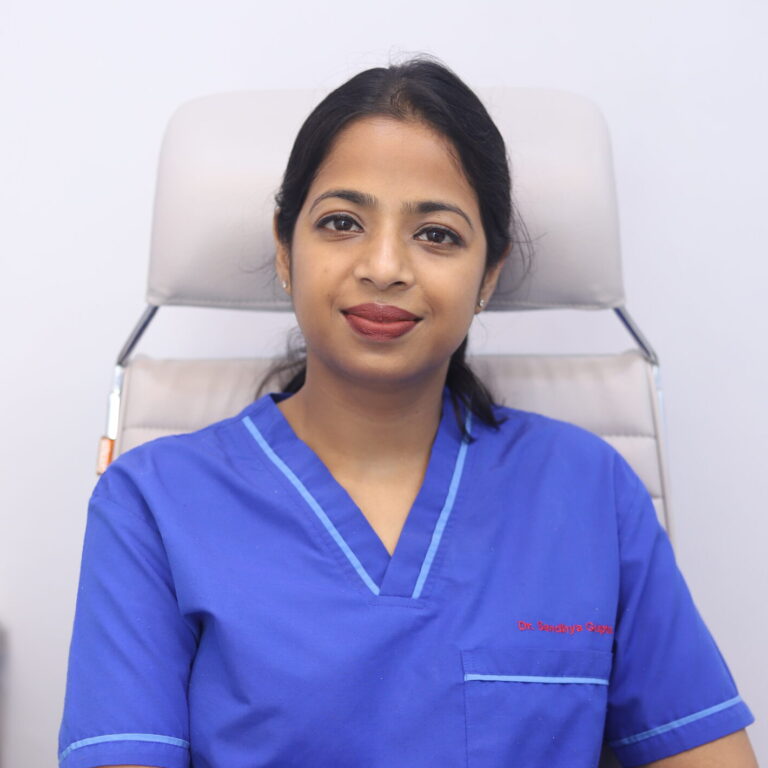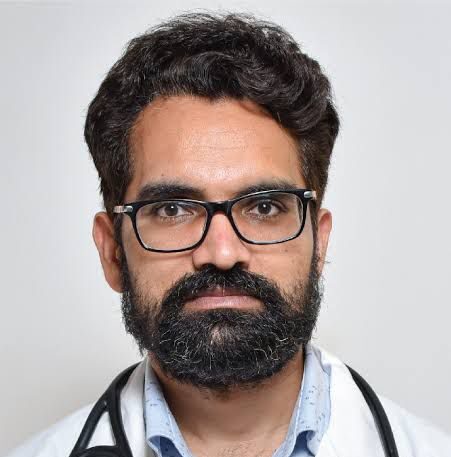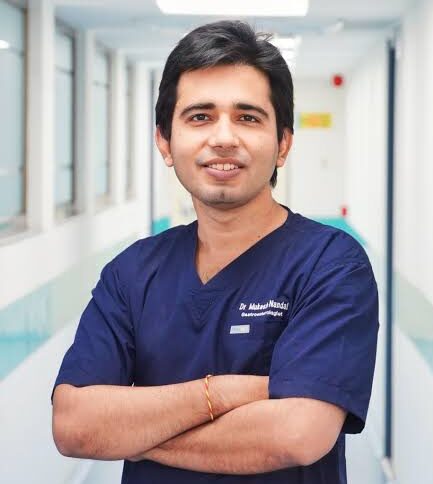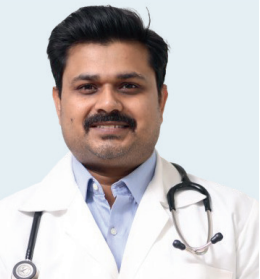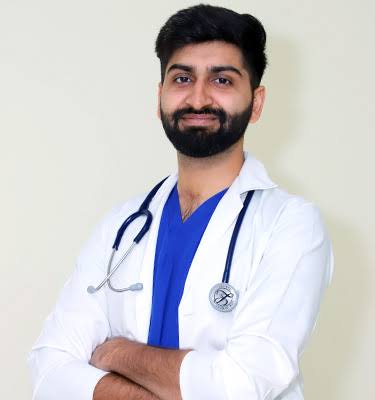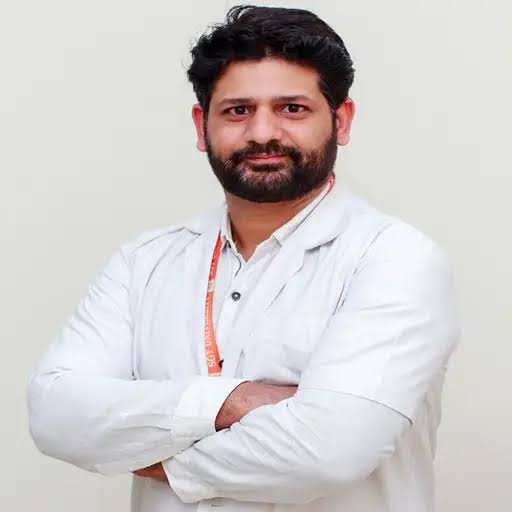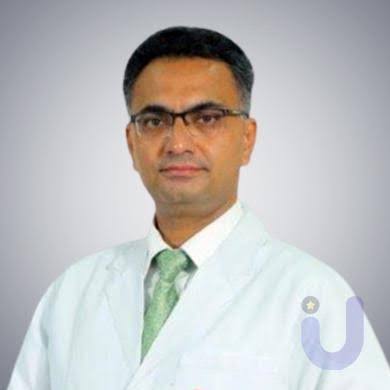
Orthopedics
Orthopedics, also known as orthopedic surgery or orthopedics and traumatology, is a medical specialty that focuses on the diagnosis, treatment, prevention, and rehabilitation of musculoskeletal disorders and injuries. This field encompasses a wide range of conditions affecting the bones, joints, muscles, ligaments, tendons, and nerves, with the goal of restoring function, mobility, and quality of life for patients of all ages. Orthopedic surgeons, also called orthopedists, are highly trained physicians who specialize in surgical and non-surgical management of orthopedic conditions.
Scope of Orthopedics:
Orthopedic medicine addresses various musculoskeletal conditions, including:
- Fractures and Trauma: Orthopedic surgeons manage fractures, dislocations, sprains, strains, and other traumatic injuries involving the bones and soft tissues.
- Joint Disorders: They treat joint pain, arthritis, osteoarthritis, rheumatoid arthritis, gout, and other degenerative joint diseases.
- Spinal Disorders: Orthopedists address spinal conditions such as herniated discs, spinal stenosis, scoliosis, kyphosis, and degenerative disc disease.
- Sports Injuries: They manage sports-related injuries like ligament tears (ACL, PCL), meniscus tears, rotator cuff injuries, tennis elbow, and Achilles tendon injuries.
- Orthopedic Oncology: Orthopedic oncologists specialize in diagnosing and treating bone tumors, soft tissue sarcomas, and metastatic bone cancers.
- Pediatric Orthopedics: They provide specialized care for children with congenital disorders (clubfoot, hip dysplasia), growth plate injuries, and musculoskeletal deformities.
- Joint Replacement Surgery: Orthopedic surgeons perform joint replacement surgeries, including hip replacement, knee replacement, shoulder replacement, and ankle replacement, to relieve pain and restore joint function.
- Hand and Upper Extremity Disorders: They treat hand injuries, carpal tunnel syndrome, trigger finger, Dupuytren’s contracture, and other hand and upper extremity conditions.
- Foot and Ankle Disorders: Orthopedic specialists address foot and ankle problems like plantar fasciitis, bunions, Achilles tendonitis, and ankle fractures.
Diagnostic Techniques in Orthopedics:
Orthopedic diagnosis involves a combination of physical examination, imaging studies, and specialized tests, including:
- Physical Examination: Evaluation of range of motion, joint stability, muscle strength, and neurological function.
- X-rays: Imaging studies to visualize bone fractures, joint alignment, and degenerative changes.
- MRI (Magnetic Resonance Imaging): Detailed imaging of soft tissues, ligaments, tendons, and spinal structures.
- CT Scans (Computed Tomography): Detailed cross-sectional imaging of bones and joints for complex fractures or joint abnormalities.
- Ultrasound: Imaging technique used to assess soft tissue injuries, tendonitis, and joint inflammation.
- Bone Density Testing: Assessment of bone mineral density to diagnose osteoporosis and assess fracture risk.
Treatment Modalities in Orthopedics:
Orthopedic treatment options vary based on the specific condition and may include:
- Medication: Prescription of pain relievers, anti-inflammatories, muscle relaxants, and disease-modifying drugs to manage symptoms and slow disease progression.
- Physical Therapy: Customized exercise programs, manual therapy, and rehabilitation techniques to improve mobility, strength, and flexibility.
- Orthotics and Bracing: Use of orthotic devices, braces, splints, and supportive equipment to stabilize joints, correct alignment, and reduce pain.
- Minimally Invasive Procedures: Orthopedic surgeons perform arthroscopic surgeries, joint injections, nerve blocks, and minimally invasive spine procedures to treat various conditions.
- Joint Replacement Surgery: Advanced techniques for hip replacement, knee replacement, shoulder replacement, and other joint replacements to restore joint function and alleviate pain.
- Fracture Fixation: Surgical procedures such as internal fixation, external fixation, and bone grafting to repair fractures and promote bone healing.
- Orthopedic Oncology Treatment: Multidisciplinary approaches, including surgery, chemotherapy, radiation therapy, and targeted therapies, for bone and soft tissue tumors.
- Regenerative Medicine: Emerging therapies like platelet-rich plasma (PRP) injections, stem cell therapy, and growth factor treatments to promote tissue healing and regeneration.
Patient Care and Rehabilitation:
Orthopedic care extends beyond treatment to encompass patient education, counseling, and rehabilitation services, including:
- Preventive Education: Educating patients about injury prevention, lifestyle modifications, ergonomic techniques, and proper body mechanics.
- Postoperative Care: Comprehensive postoperative care, including wound management, pain management, physical therapy, and follow-up appointments.
- Rehabilitation Programs: Customized rehabilitation programs to optimize recovery, restore function, and improve quality of life after orthopedic procedures.
- Patient Support: Providing emotional support, resources, and guidance to help patients cope with musculoskeletal conditions, surgery, and rehabilitation challenges.
- Long-Term Management: Collaborating with primary care providers and specialists for ongoing management of chronic orthopedic conditions, arthritis, and musculoskeletal disorders.
Conclusion:
Orthopedics is a vital medical specialty focused on diagnosing, treating, and managing musculoskeletal conditions and injuries. With a multidisciplinary approach, advanced technology, and personalized care, orthopedic specialists strive to improve patients’ mobility, alleviate pain, and enhance their overall quality of life. From non-surgical interventions to complex surgical procedures, orthopedics offers a wide range of treatment options tailored to meet the unique needs of each patient.
At MET Hospital, we specialize in top-tier orthopedic care. Our skilled professionals are dedicated to delivering exceptional treatment for neurological and trauma-related issues. Get personalized and advanced medical care designed just for you. Your health and wellness are paramount at MET Hospital.
Departments
EXCELLENTBased on 126 reviews
 Saurabh Pandit2024-10-16My wife was admitted in case of emergency because of datura poisoning. When she was admitted, she was suffering from a high fever, dizziness, and itching all over her body. But thanks to the MET hospital and team, now she is fine and conscious. The staff of the hospital is professional; they treated me so well. Special thanks to Mr. Deepak; he also understands our financial condition and regards us with a special discount. Thanks, Met Hospital and team. Thanks a lot for your help.
Saurabh Pandit2024-10-16My wife was admitted in case of emergency because of datura poisoning. When she was admitted, she was suffering from a high fever, dizziness, and itching all over her body. But thanks to the MET hospital and team, now she is fine and conscious. The staff of the hospital is professional; they treated me so well. Special thanks to Mr. Deepak; he also understands our financial condition and regards us with a special discount. Thanks, Met Hospital and team. Thanks a lot for your help. Chandan Chauhan2024-10-10Best hospital best dr. And diagnosis and treatment all nursing staff behavior is best Best food Mr. Anup nursing staff very best staff All staff very best
Chandan Chauhan2024-10-10Best hospital best dr. And diagnosis and treatment all nursing staff behavior is best Best food Mr. Anup nursing staff very best staff All staff very best AKASH KUMAR2024-10-02I have recently visited at MET hospital because of high fever 🤒 and body pain. Know I am fit and fine because of Very helpful and supportive nursing staff and doctor. You can get your health care at reasonable price here. I would highly recommend MET hospital 🏥
AKASH KUMAR2024-10-02I have recently visited at MET hospital because of high fever 🤒 and body pain. Know I am fit and fine because of Very helpful and supportive nursing staff and doctor. You can get your health care at reasonable price here. I would highly recommend MET hospital 🏥 Harsh Kumar2024-10-02The staff at MET hospital has been extremely professional and cooperative. Every time have visited the hospital have been given good service . One staff Mr Anup stands apart as he is well versed with his job and does his work professionally. His behaviour towards patients is extremely courteous and he always treats them with lots of respect and smile. Mr Anup always tries to bring a smile on the patients face even when things are difficult. He is really a great asset to the MET hospital.
Harsh Kumar2024-10-02The staff at MET hospital has been extremely professional and cooperative. Every time have visited the hospital have been given good service . One staff Mr Anup stands apart as he is well versed with his job and does his work professionally. His behaviour towards patients is extremely courteous and he always treats them with lots of respect and smile. Mr Anup always tries to bring a smile on the patients face even when things are difficult. He is really a great asset to the MET hospital.

